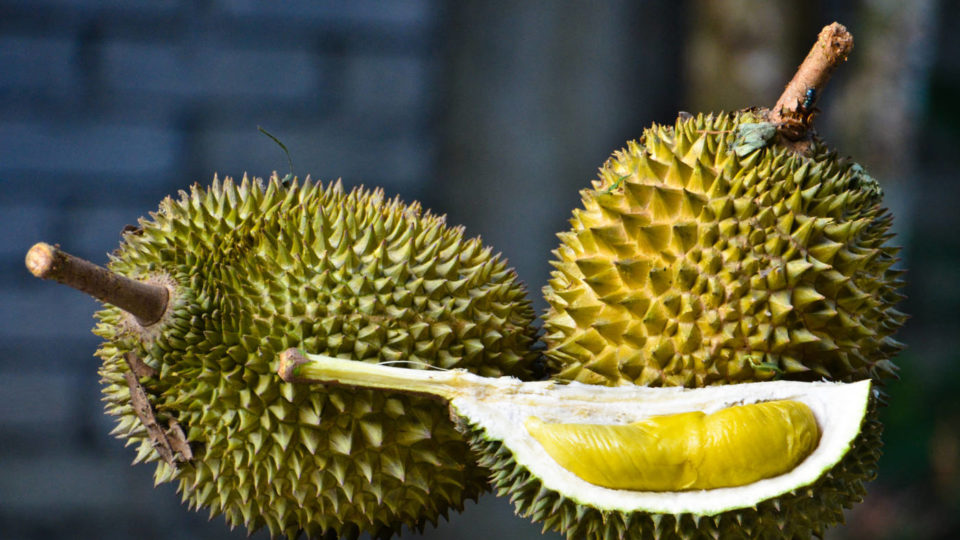There’s probably no other fruit as polarizing as Southeast Asia’s durian. Sometimes described as “pungent” or “fart-like,” most people avoid it like it were a bomb ready to explode. On Saturday though, it was literally treated as hazardous, when police evacuated hundreds of people in an Australian university after the smell of rotten durian was mistaken for a gas leak.
People noticed a gas-like smell wafting through the Royal Melbourne Institute of Technology’s (RMIT) library, prompting Melbourne’s Metropolitan Fire Brigade to investigate the area as police evacuated about 500 students and teachers.
After a thorough search, though, the fire department found that the cause of the smell was much less serious.
It turned out that the smell actually came from a rotting durian someone left in a cupboard that spread throughout the air-conditioned library.
“After a comprehensive search, firefighters identified the smell was not chemical gas, but gas generated from rotting durian, an extremely pungent fruit which had been left rotting in a cupboard,” the Metropolitan Fire Brigade said in a statement.
The RMIT library was reopened later that day.
After an earlier evacuation that turned out to be a false alarm, New Academic Street and the library are now open. We apologise for any inconvenience caused to those on campus today.
— RMIT University (@RMIT) April 28, 2018
Whoever brought the durian either wanted to prank someone or had no idea that one should never, ever, bring it to an enclosed space.
Because of its smell, durians aren’t allowed inside most hotels and some public transportation in Southeast Asia.
However, those who do love durian say that it’s just misunderstood, with some describing it as sweet and custard-like.
Mainland Chinese, in particular, can’t seem to get enough of it, adding the fruit to cookies, coffee, and even pizza.
In 2016, durian imports to China reached US$1.1 billion, according to data from the United Nations, most of which came from Thailand.
Two lessons here: Remember to always clean out the cupboards and next time, maybe stick to Davao’s durian candy instead.




